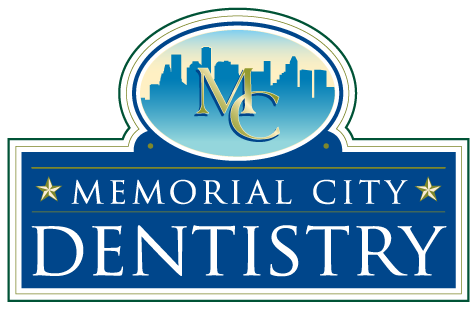If you appreciate puzzles, “What came first, the chicken or the egg? If you liked “The chicken or the egg?” you’ll like this one: “Which should you do first, brush or floss?””
Both of these oral hygiene techniques are crucial for removing dental plaque, which is a thin bacterial film that develops on teeth after eating. Plaque removal on a daily basis lowers your risk of developing dental decay or periodontal (gum) disease, the two primary causes of tooth loss. Brushing removes plaque from broad tooth surfaces, but flossing removes plaque between teeth where brushing cannot reach.
Brushing and flossing are widely accepted methods for thoroughly removing plaque. However, there is significant debate about which of these two tasks should be accomplished first for the best results. Those conversations are typically civil, but there are proponents on both sides of the question of whether obligation comes first.
Brushing first, according to those on the “Brush First” side, gets the majority of the collected plaque out of the way. If you floss first, you may be removing a lot of soft plaque, which can soon turn your floss into a gunky mess. More importantly, you may be transferring plaque around with the floss than of genuinely removing it. Brushing first ensures that there is less plaque to deal with when flossing.
“Floss First” supporters, on the other hand, argue that flossing before brushing loosens plaque caught between teeth, allowing it to be brushed away more easily. However, there may be a more important psychological reason: People dislike flossing just as much as they dislike brushing. As a result, putting something off until the last minute may result in it not getting done; completing it first will help ensure it gets done.
In the end, the order in which these duties are completed is a matter of personal preference. You can test both ways to see which one works best for you. The important thing is that you complete both activities; if you do, you can dramatically minimize your chance of dental sickness, which could lead to tooth loss.
If you would like additional information on proper oral hygiene, please contact us or schedule a consultation.


